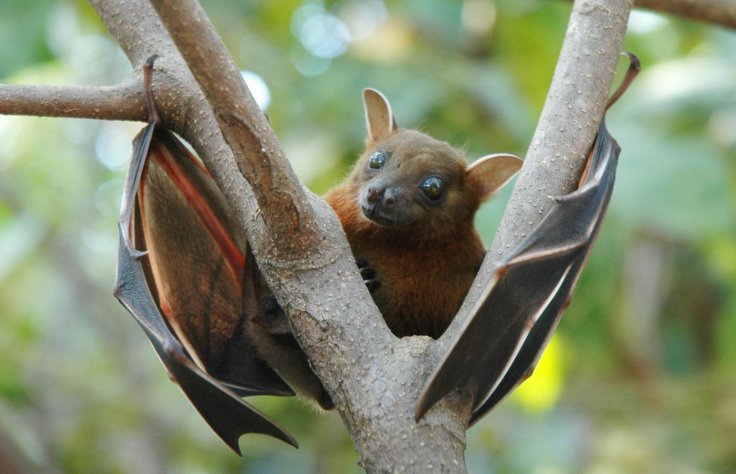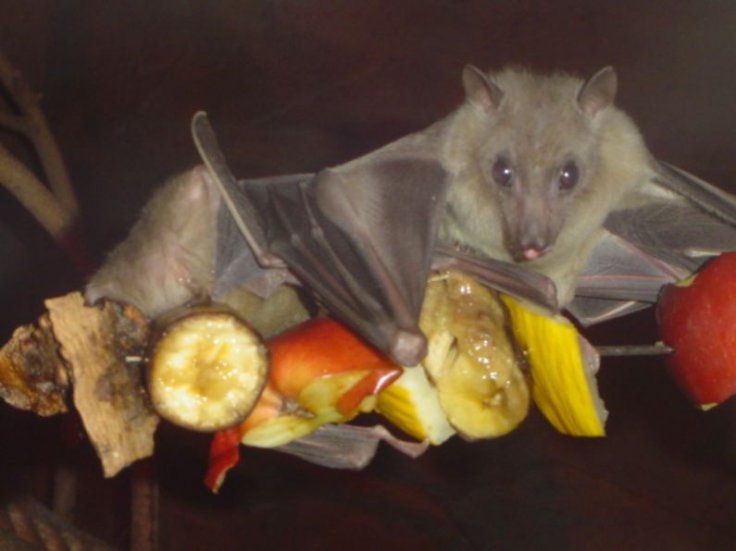Bats have served as reservoirs of several viruses that cause diseases such as Severe Acute Respiratory Syndrome (SARS) and the Middle East respiratory syndrome (MERS), and possibly COVID-19 as well. However, it is intriguing that these viruses have no lethal effect on bats. A new study says the "super immunity" that bats possess protect them from the deadly pathogens.
According to the study by researchers from the University of Saskatchewan (USask), bat cells can be infected for a prolonged period of time with the MERS coronavirus. It does so without manifesting illness due to adaptations in both the organisms that lead to a state of equilibrium.
"Instead of killing bat cells as the virus does with human cells, the MERS coronavirus enters a long-term relationship with the host, maintained by the bat's unique 'super' immune system," said Vikram Misra, co-author of the study.

An unusual immune system
In a similar study by researchers from the University of California, Berkeley, conducted with cells from the Egyptian fruit bat (Rousettus aegyptiacus) and the Australian black flying fox (Pteropus alecto), the immune system of bats were found to be uniquely potent.
The immune systems of bats are designed to launch lightning-quick protective responses against viruses. This shields the bat from falling prey to the infection, while also letting viruses thrive in its body. A response of this measure by the immune system of a human being would trigger an inflammatory response — such as sepsis — with lethal outcomes.
However, this potency is not found in bats, thanks to a molecular mechanism exclusive to bats. Upon being attacked by a virus, its immune system leads to the swift production of interferon-alpha, a signalling molecule activated in response to pathogens. When the virus-infected cells produce interferon proteins, the adjacent cells enter a protective and antiviral state.

Adapting to the bat's immune system
In the current study, cells from brown bat were infected with the MERS coronavirus that infected nearly 2,500 people and nearly 900. The scientists found that when they interact with the virus, bat cells do not generate an inflammatory response — which is a characteristic sign of infection — instead they maintain a natural antiviral response. This often shuts down in several species, including human beings. Interestingly, the coronavirus simultaneously learns to adapt to the bat cells by mutating at an aggressive rate.
In a biological volley that it plays with the bat cells, the virus gradually develops long-term adaptations that enable it to persist within the bat's body in a harmless state. This continues until the equilibrium is disrupted by other diseases in the or till the virus jumps hosts.
Explaining the process, Darryl Falzarano, co-author of the study, illustrated: "We see that the MERS coronavirus can very quickly adapt itself to a particular niche, and although we do not completely understand what is going on, this demonstrates how coronaviruses are able to jump from species to species so effortlessly."









